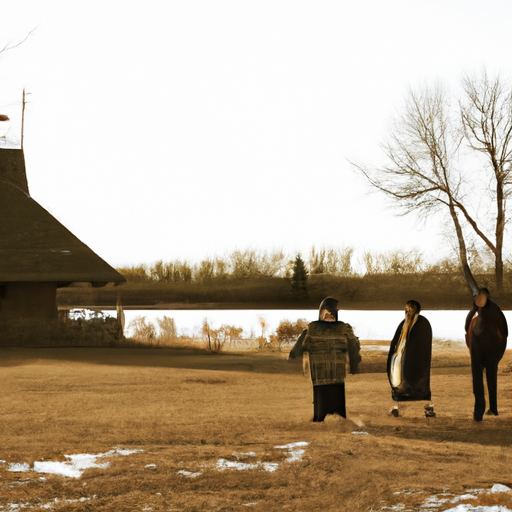Addressing the Opioid Crisis in Canada’s Indigenous Communities
The opioid crisis has left an indelible mark on communities around the globe, taking a particularly heavy toll on marginalized and indigenous populations. In the heart of this crisis, we find the intersecting layers of social, health, and economic disparities that affect these communities. In response to this pressing issue, Deloitte Canada has recently launched a new arm devoted specifically to supporting indigenous communities. The multinational professional services company has set a precedent as they lean into a more socially responsible role amidst this ongoing epidemic. You can learn more about Deloitte Canada’s initiative through the CityNews Toronto article.
Understanding the Gravity of the Opioid Crisis
Before we delve into this significant initiative, we need to grasp the full gravity of the opioid crisis in Canada, particularly amongst Indigenous communities. The past decade has seen a dramatic escalation in the prevalence of opioid usage and related fatalities, reinforcing the critical need for interventions and solutions.
Effects of the Opioid Crisis on Indigenous Communities
The repercussion of the opioid crisis on the indigenous populations demonstrates the intersectionality of numerous social problems. Historically marginalized populations are seen grappling with increasing incidents of homelessness, crime rates, and health disparities. These communities are facing the front line of the crisis, dealing with burgeoning health issues, primarily opioid addiction, and subsequently, overdoses.
Key Points: The Opioid Crisis Landscape
- Overdose fatalities have become one of the leading causes of accidental deaths in Canada, overtaking traffic accidents.
- Opioids have emerged as the primary gateway to substance use disorders. These addictions subsequently spiral into a myriad of social and health issues, including homelessness and heightened crime rates.
- Indigenous communities are adversely affected due to their geographical remoteness and economically disadvantaged positions.
- Access to naloxone, an overdose-reversing drug, is sporadic in these hard-to-reach communities.
Deloitte Canada’s Groundbreaking Initiative
Deloitte Canada’s proactive response to the opioid crisis entails forming a specialized advisory practice focusing on indigenous communities. This initiative constitutes a part of their aim to reconcile with indigenous communities and provide them with the resources they need to combat the opioid epidemic. This includes steering these communities towards self-determination, enhancing capacity-building, and spurring economic development.
Next Steps: Indigenous Communities and Opioid Class Action Lawsuit
Deloitte’s actions hold significance even more so in light of the ongoing opioid class action lawsuit in Canada. The company’s focus on providing indigenous communities with business strategy, governance, risk mitigation, and financial advice can enable them to leverage the potential financial compensation from this lawsuit. These funds can serve to address the opioid crisis directly and reinforce the infrastructure and resources needed to tackle it.
Conclusion: A Necessary Step Forward
In conclusion, Deloitte Canada’s strategic move to launch an advisory practice for indigenous communities comes as a critical step in the fight against the opioid crisis. The implications of their efforts, bolstered by the potential impact of the opioid class action lawsuit, could help ease the stranglehold of the opioid epidemic on these populations. This initiative highlights the power of corporate involvement and responsibility in tackling societal issues. The opioid crisis is not a distant issue affecting nameless, faceless individuals. It’s a problem impacting real communities, and steps like the one taken by Deloitte Canada can move us closer to a solution.
